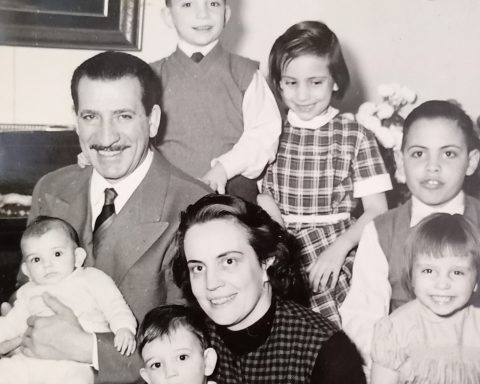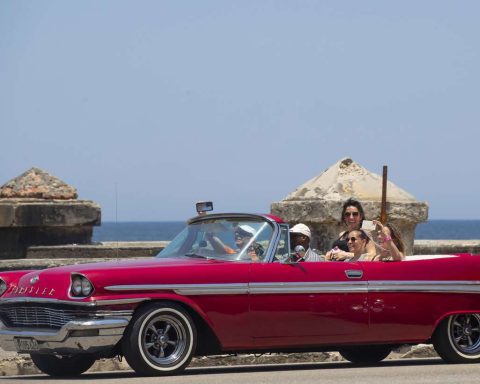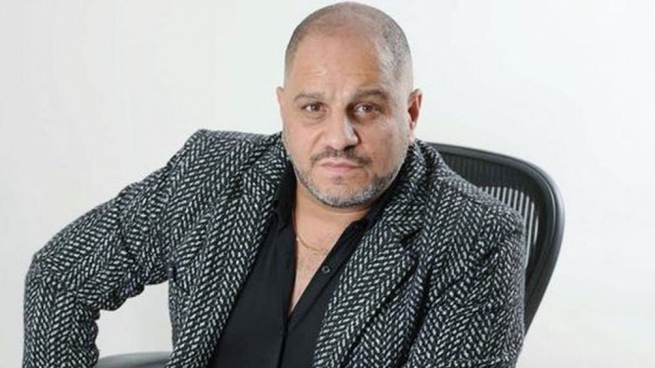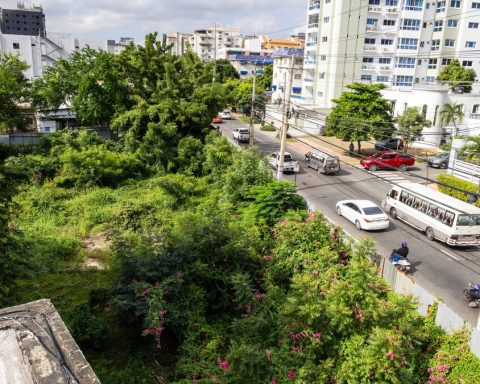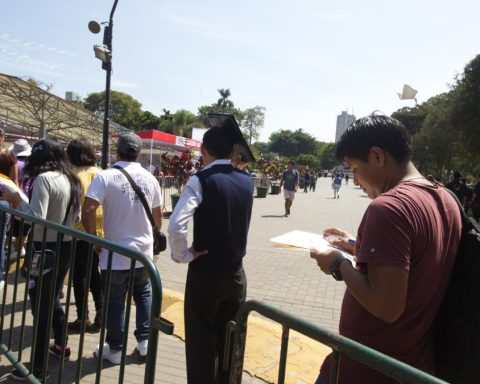For the process that will last in the largest of the Antilles until April 30, the institutions in charge of sponsoring the schedule that advocates the most advanced in terms of laws at a global level, have specialists such as Diana Rosa Blanco, Head of Discipline of Civil Law at the University of Camagüey.
“This Code has a constitutional reflection because it speaks in general terms of having a decent family, it speaks of the protection of people with disabilities, the elderly and others, it comes to reflect these budgets in an efficient way,” the jurist declared to Latin Press.
Cuba, which in 2019 approved its most recent Magna Carta, expands in legislative matters for the good of all.
“It is a Code for everyone, and it is closely linked to the vast majority of legislation in our country, such as the Criminal Code, it advocates for the topic of family violence, crimes against children and minors to be discussed, the law of health, of assisted human reproduction techniques”, stated Blanco.
Regarding the most current of what is also popularly called the Code of Affections, “in civil matters there are many modifications in real matters, with the general law of housing, new concepts, all more than tempered to reality”, according to the interviewed. At the end of the popular debate, the various proposals will be classified as modifications, as long as suggestions are made to change terms or phrases, in addition to the possibility of adding or deleting paragraphs.
Principles of transparency, democracy and participation that govern the precepts of the Cuban Electoral Council, reach more than five thousand places of exchange in this region as a preliminary part of one of the key projects for the future of society.
mem/fam



